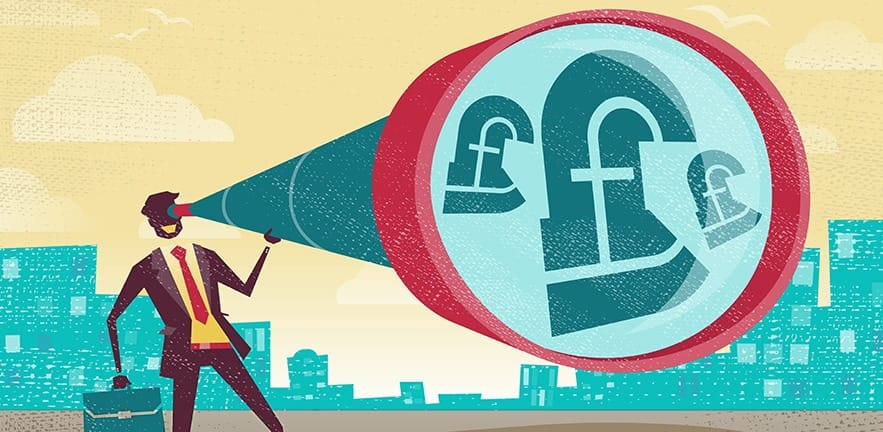
While money can’t buy you love (according to the Beatles), the thought of money can make people who feel ostracised at work feel better about their workplace, says a new Harvard Business Review article co-authored by Professor David De Cremer of Cambridge Judge Business School.
While harassment gets more headlines, a recent survey found that workplace ostracism is far more common (71% have reported ostracism, compared to 29% experiencing harassment) – with ostracism taking such forms as being ignored at meetings or not being listened to by supervisors.
So research by Aurelia Mok and David De Cremer looked at how to combat the effect of ostracism. They found that thinking about money tends to do the trick because money “provides greater control over one’s physical and social circumstances”, so the thought of money can provide a sense of strength that enables people to better withstand the pain of rejection.
“Our research, focused on the workplace context, finds that simple thoughts of money can reinforce ostracised employees’ perceived belonging in the organisation,” and this boosts their pro-social tendencies at work, said the Harvard Business Review article by Mok and De Cremer. Aurelia Mok is assistant professor in the Department of Management at the City University of Hong Kong, and David De Cremer is KPMG Professor of Management Studies at Cambridge Judge Business School.
The authors asked people who felt ostracised at work to describe money (“list 3thoughts a bout cash”) and then describe a random object (“list 3 thoughts about a bottle”).
They found that people who described a bottle were less likely to have prosocial tendencies at work, such as intentions to lend a compassionate ear to co-workers. But for people who were reminded of money, “the negative relationship between ostracism and prosocial intentions was weaker or even eliminated – even without reference to any actual financial compensation”, the authors wrote.
“So the next time your boss ignores you in a meeting or a colleague excludes you from after-work drinks, perhaps try thinking of some cash or savings,” the article says. “You just might feel better.”


